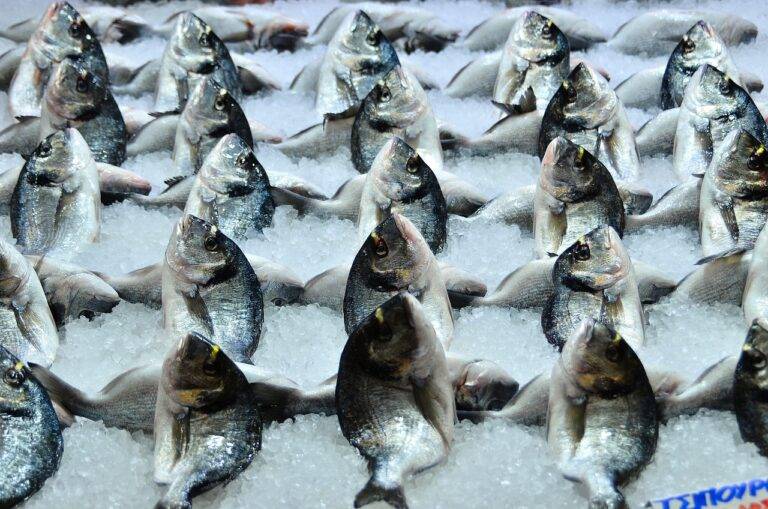Exploring Alternative Proteins: Insects, Algae, and Beyond
Amid concerns about sustainability and health, alternative proteins have been gaining popularity in recent years. Consumers are increasingly drawn to plant-based options like tofu, tempeh, and seitan due to their lower environmental footprint compared to traditional animal-derived proteins. The shift towards alternative proteins also aligns with the growing trend of flexitarianism, where individuals are reducing their meat consumption for health and ethical reasons.
Moreover, the rise in alternative proteins can be attributed to advancements in food technology, which have allowed for the creation of meat substitutes that closely mimic the taste and texture of animal-based products. Companies like Beyond Meat and Impossible Foods have capitalized on this trend by offering plant-based burgers and sausages that appeal to both vegetarians and meat-eaters alike. As the demand for sustainable and ethical food options continues to grow, it is likely that alternative proteins will become an increasingly prominent feature of the global food industry.
The Environmental Benefits of Alternative Proteins
Alternative proteins offer a promising solution to combat environmental challenges associated with traditional meat production. By opting for plant-based proteins or lab-grown alternatives, significant reductions in greenhouse gas emissions can be achieved. The livestock industry is a major contributor to deforestation, water pollution, and biodiversity loss. Transitioning to alternative proteins can help mitigate these negative impacts on the environment.
Moreover, alternative proteins require less land and water compared to traditional animal agriculture. This means a more sustainable use of resources and a decreased strain on ecosystems. As the global population continues to grow, the shift towards alternative proteins can play a crucial role in ensuring food security while reducing the environmental footprint of food production.
What are alternative proteins?
Alternative proteins refer to plant-based proteins, such as soy, lentils, and quinoa, as well as cultured proteins like lab-grown meat.
Why are alternative proteins gaining popularity?
Alternative proteins are gaining popularity due to increasing concerns about the environmental impact of traditional animal agriculture, as well as health and ethical considerations.
What are the environmental benefits of alternative proteins?
Alternative proteins have a lower carbon footprint, use less water and land, produce less pollution, and have lower greenhouse gas emissions compared to traditional animal-based proteins.
How do alternative proteins help combat climate change?
Alternative proteins require fewer resources to produce, resulting in lower greenhouse gas emissions and helping to reduce the impact of agriculture on climate change.
Are alternative proteins nutritionally equivalent to animal-based proteins?
Alternative proteins can provide the same essential nutrients found in animal-based proteins, such as protein, iron, and vitamins, making them a healthy and sustainable food choice.
Where can I find alternative proteins?
Alternative proteins can be found in grocery stores, health food stores, and restaurants, as well as online retailers that specialize in plant-based and cultured protein products.





